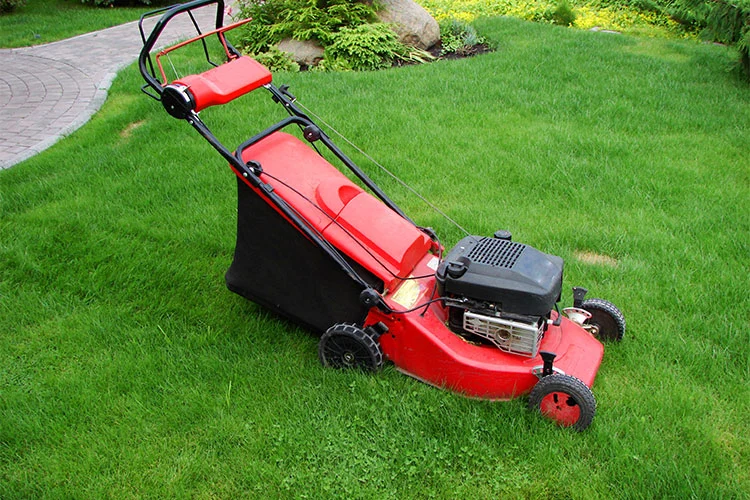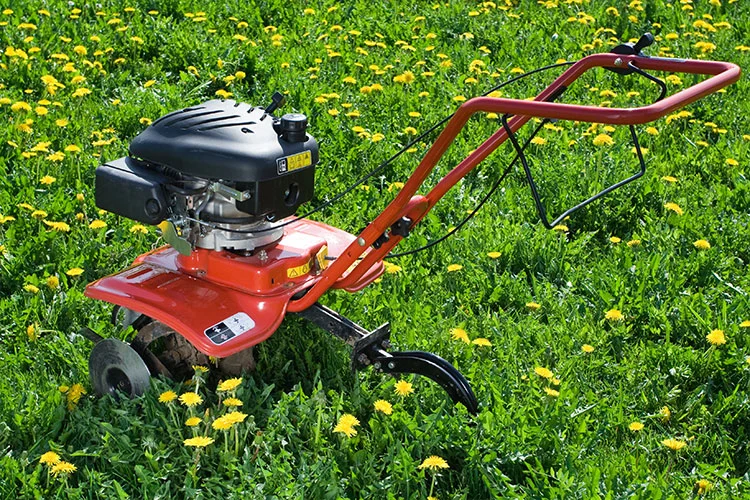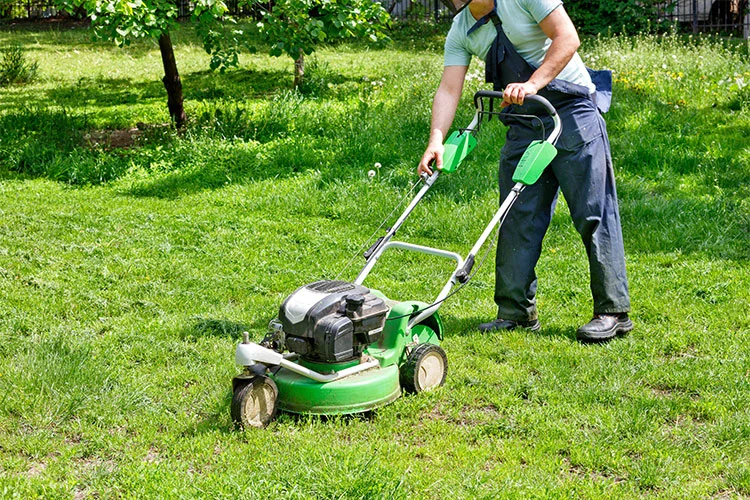FCL Couplings: Frequently Asked Questions (FAQ)
What is the main advantage of using an FCL coupling?
The primary advantage is the protection they provide to connected equipment. FCL couplings absorb and mitigate the detrimental effects of misalignment, vibration, and shock loads. This prevents premature bearing failure, shaft damage, and wear on seals, significantly reducing downtime and maintenance expenses. They ensure smooth power transmission, leading to higher overall system efficiency and longevity.
How do I select the right FCL coupling for my application?
Coupling selection is a multi-step process. First, determine the application requirements: horsepower (or kW), operational speed (RPM), and the type of driven equipment (e.g., pump, fan, compressor). Second, calculate the required torque, considering service factors for shock loads or variable torque. Third, identify the nature and magnitude of misalignment (parallel, angular, or axial). Fourth, consider environmental factors like temperature, presence of chemicals, or need for electrical insulation. Finally, consult the FCL product catalog and selection guides, or contact an application engineer, to match these parameters with the appropriate coupling type and size.
What is the difference between a flexible coupling and a rigid coupling?
A rigid coupling is designed to connect two shafts in perfect alignment. It offers no flexibility and will transmit all forces, misalignments, and vibrations directly between the machines. This can lead to high stress and potential damage if any misalignment exists. A flexible coupling, like those from FCL, is specifically engineered to accommodate misalignment and dampen vibrations, protecting the machinery. Rigid couplings are used only when precise, permanent alignment is guaranteed.
How often should FCL couplings be inspected and maintained?
Regular inspection is crucial for preventative maintenance. A visual inspection should be performed during routine machine checks, looking for signs of wear, cracking in the flexible element, corrosion, or loose fasteners. For most industrial applications, a formal inspection and lubrication (if applicable, e.g., gear couplings) should be scheduled every 3 to 6 months, or according to the OEM's recommendations. The flexible element (spider, grid) is a wear item and should be replaced as soon as signs of deterioration are noticed to prevent failure.
Can FCL couplings compensate for axial movement (end float)?
Yes, certain types of FCL couplings are designed to accommodate axial movement. Single jaw couplings and some disc coupling designs allow for limited axial displacement of the connected shafts. This is particularly important in applications where thermal expansion causes shafts to grow in length. It is critical to check the specific axial capacity of the chosen coupling model during the selection process.
What environmental conditions can affect the performance of an FCL coupling?
Extreme temperatures, corrosive chemicals, abrasive dust, and moisture can all impact coupling life. High temperatures can degrade polymer flexible elements, while very low temperatures can make them brittle. Chemical exposure can cause swelling or deterioration of elastomers. In harsh environments, selecting couplings with stainless steel components and chemical-resistant flexible elements (like Hytrel) is essential. Special coatings or seals may also be available for particularly demanding conditions.
Is backlash an important consideration when choosing an FCL coupling?
Backlash, or the amount of free movement between engaged components, is critical in precision applications. For example, in robotics, CNC machinery, or servo systems, backlash can cause positioning errors and system instability. FCL disc couplings and beam couplings are designed to be zero-backlash or low-backlash, making them ideal for these applications. Jaw and grid couplings have a small amount of inherent backlash due to their design and are better suited for general industrial applications where precise positioning is not required.
How do I properly install an FCL coupling?
Correct installation is vital for performance and safety. First, ensure both shafts are clean and free of burrs. Check that the shafts are properly aligned within the coupling's specified tolerances before tightening. Use a dial indicator for precision alignment. Slide the coupling halves onto the shafts, but do not force them. Tighten the set screws or clamping bolts to the recommended torque value specified in the installation manual, using a calibrated torque wrench. Use a cross-pattern when tightening multiple bolts to ensure even pressure. Finally, re-check alignment after final tightening.





